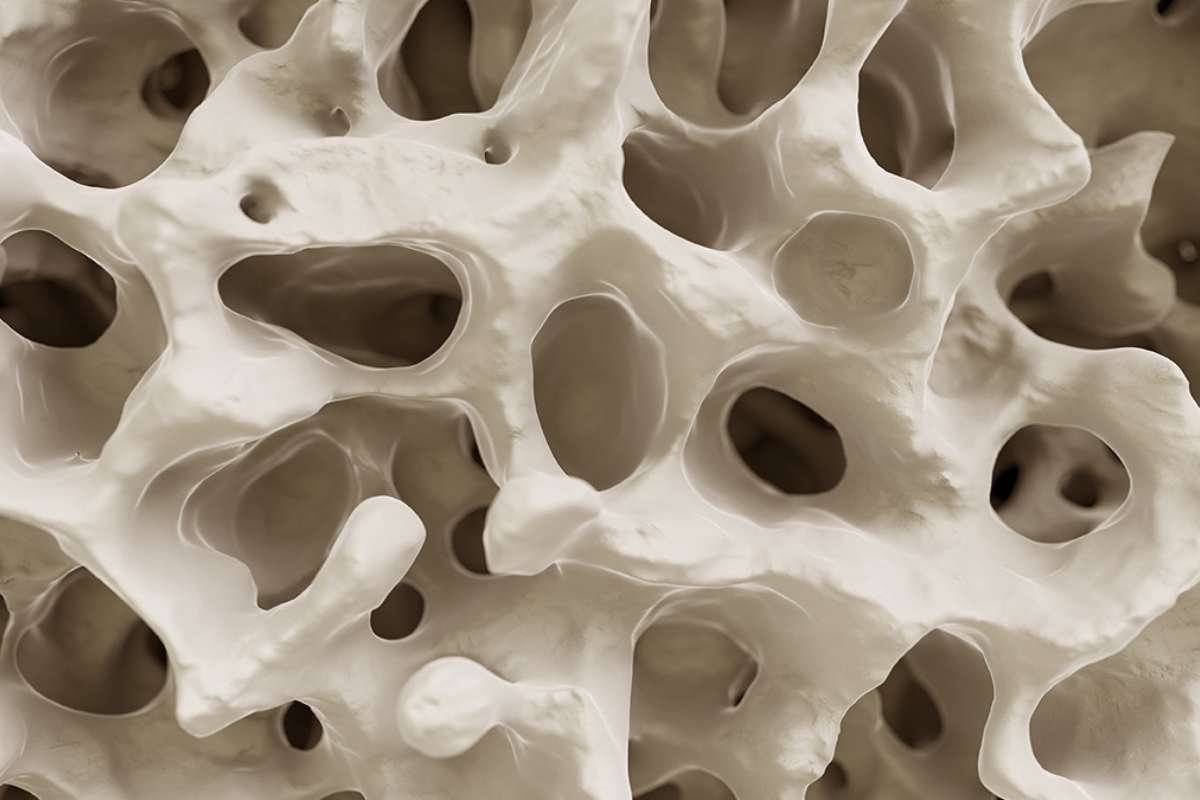Although lumps are a frequent symptom of breast cancer that most adults are aware of, there are also less common indications that may indicate different types of the illness.
According to Dr. Ashley Pariser, a medical oncologist with the Ohio State University Comprehensive Cancer Centre, “Knowing what both common and uncommon symptoms are, will allow women and men to notify their doctors if there’s a change in their breast and to find cancer earlier,” she told CBS News.
Most respondents to a recent poll conducted by the university’s cancer center said they were unaware of additional signs of breast cancer, such as:
- A nipple that is retracting, inverted, or pointing downward
- puckered breasts
- Absence of emotion
- thickening or piling of the skin
Breast discharge
According to Pariser, these symptoms—which could indicate inflammatory breast cancer—are frequently misdiagnosed as infections.
“If it’s not getting better, it’s really important to look at an alternative reasons because inflammatory may be one of the reasons,” she states.
According to the American Cancer Society, only 1% to 5% of occurrences of breast cancer are associated with inflammatory breast cancer; nonetheless, because this type of cancer is aggressive and rapidly expanding, it is crucial to recognise the warning signals.
According to the organization’s website, “(Inflammatory breast cancer) doesn’t look like a typical breast cancer.” It may not be detected on a mammography, and it frequently does not result in a breast lump. This complicates diagnosis.”
It states that women under the age of 40 are more likely to have this type of the illness. In addition, women who are overweight or obese and Black women experience it more frequently than White women do.
Signs and Symptoms of Inflammatory Breast Cancer
For Lisa Overholser, the situation started with shoulder and neck pain and swelling in
She told CBS News, “Some skin changes in my breast were my initial symptoms.” “It had gotten kind of just thickened and dimpled, but what really drove me to the doctor was pain in my left arm.”
It felt like a pinched nerve to her. Instead, stage four inflammatory breast cancer was the diagnosis made for her.
“I stopped breathing,” she murmured. “My previous job was in physical therapy. I never connected the radiating agony I was experiencing with the changes in my breast’s skin.”
According to the American Cancer Society, a biopsy or imaging tests such a mammography, breast ultrasound, or MRI scan can identify inflammatory breast cancer.
To try to keep her illness stable, Overholser received intense chemotherapy, surgery, radiation, and an oral medication consisting of two pills.
She is now cancer-free and advises others to see a doctor if they see any changes in their body.
Also Read: AI Breast Cancer Screening Is Equally Effective As Human Readers







